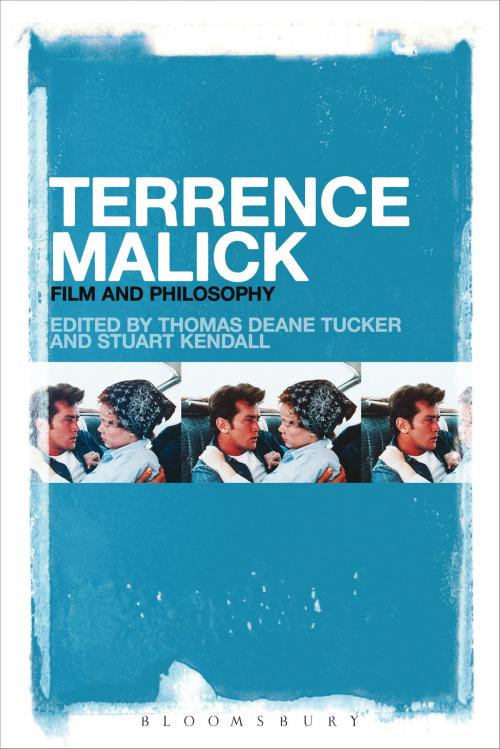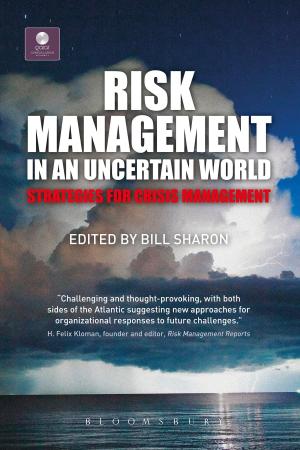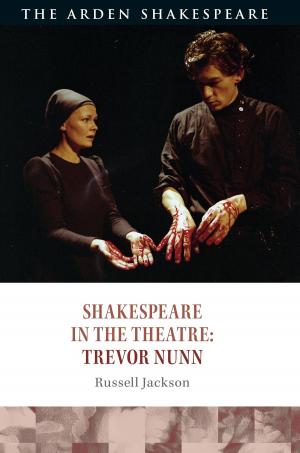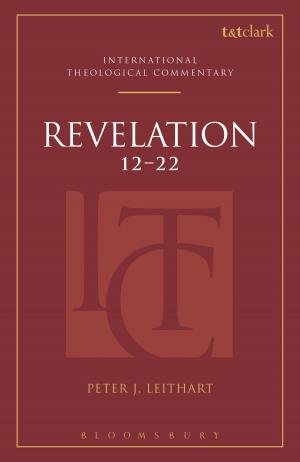Terrence Malick
Film and Philosophy
Nonfiction, Entertainment, Film, Direction & Production, Performing Arts, History & Criticism| Author: | ISBN: | 9781441148957 | |
| Publisher: | Bloomsbury Publishing | Publication: | May 12, 2011 |
| Imprint: | Continuum | Language: | English |
| Author: | |
| ISBN: | 9781441148957 |
| Publisher: | Bloomsbury Publishing |
| Publication: | May 12, 2011 |
| Imprint: | Continuum |
| Language: | English |
Terrence Malick's four feature films have been celebrated by critics and adored as instant classics among film aficionados, but the body of critical literature devoted to them has remained surprisingly small in comparison to Malick's stature in the world of contemporary film.
Each of the essays in Terrence Malick: Film and Philosophy is grounded in film studies, philosophical inquiry, and the emerging field of scholarship that combines the two disciplines. Malick's films are also open to other angles, notably phenomenological, deconstructive, and Deleuzian approaches to film, all of which are evidenced in this collection.
Terrence Malick: Film and Philosophy engages with Malick's body of work in distinct and independently significant ways: by looking at the tradition within which Malick works, the creative orientation of the filmmaker, and by discussing the ways in which criticism can illuminate these remarkable films.
Terrence Malick's four feature films have been celebrated by critics and adored as instant classics among film aficionados, but the body of critical literature devoted to them has remained surprisingly small in comparison to Malick's stature in the world of contemporary film.
Each of the essays in Terrence Malick: Film and Philosophy is grounded in film studies, philosophical inquiry, and the emerging field of scholarship that combines the two disciplines. Malick's films are also open to other angles, notably phenomenological, deconstructive, and Deleuzian approaches to film, all of which are evidenced in this collection.
Terrence Malick: Film and Philosophy engages with Malick's body of work in distinct and independently significant ways: by looking at the tradition within which Malick works, the creative orientation of the filmmaker, and by discussing the ways in which criticism can illuminate these remarkable films.















